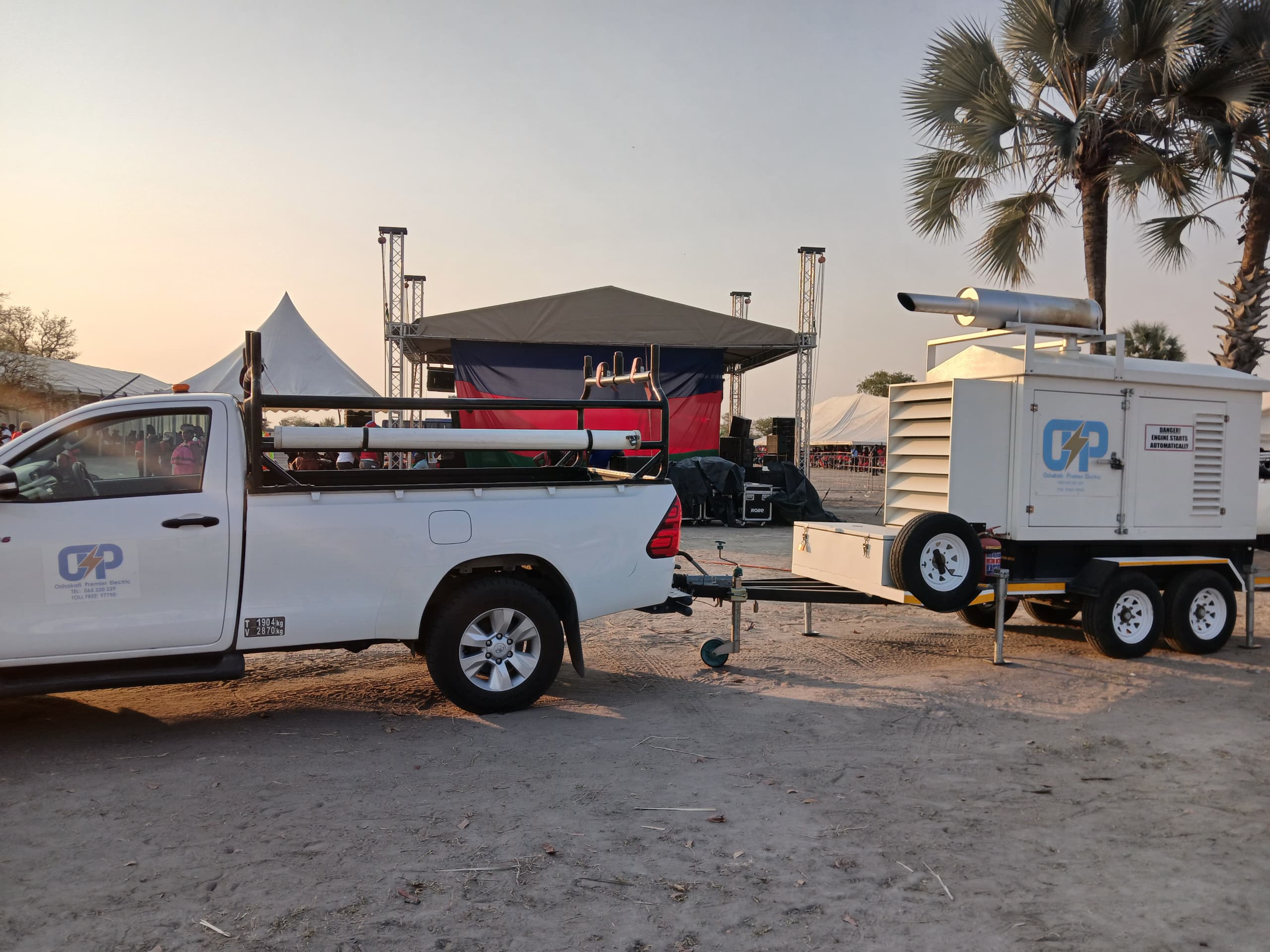EARLY this year, Trustco Holdings announced that approval was granted by the board of directors for managing director Quinton van Rooyen and his other companies to give Trustco a loan of up to N$1 billion.
On Monday, almost nine months after that approval, Van Rooyen is writing off the loan, convinced that it was a good idea to “deleverage the balance-sheet” for a possible listing of the group’s mining segment.
According to Trustco, the proceeds from this loan were to be used primarily for the expansion of the operating segments within the group, particularly in the resources segment, which has not been doing quite well over the last few years.
It only makes sense that the loan would be written off as the segment was not performing that well.
In an announcement made on the Namibian Stock Exchange yesterday, Trustco said Van Rooyen will write off the loan on-lent to Trustco Resources (Pty) Ltd.
However, a catch to the write-off is that it should be reflected in Trustco Resources’ books.
Under normal accounting rules, a legitimate loan write-off is recorded as an income in the books of the borrower.
This then means that Trustco Resources will record an income of N$1 billion, which will push up profits, and ultimately retain earnings, if profits get to be retained.
The net effect of all of this, is that Trustco Resources will have a strong balance-sheet.
“The write-off of the capital amount is to further de-leverage the balance-sheet of Trustco, and support the resources segment, while the group prepares for a possible initial public offering (IPO) of the resources segment,” read the announcement.
The 2019 financial statements of Trustco show that the resources’ segment made revenue of N$144 million, but made a profit of N$485 million.
The overall profit for Trustco for the 2019 financial year was N$725 million, which included a N$545 million related to another loan that was written off.
Trustco operates in three segments: insurance and investments; resources; and banking and finance, and owns companies such as Trustco Bank, Meya Mining in Sierra Leone, the Northern Namibia Development Company, and Morse Investments, which was accorded export processing zone status.
Van Rooyen is the majority shareholder of the group.
On other similar accounting tricks pulled by Trustco, The Namibian reported in June this year that Trustco had decided to do away with developing and selling some of their properties, and rather hold them for value appreciation, a decision that improved the company’s financial results significantly.
This decision had caused the company to realise a deemed sale of close to N$1 billion of revenue, and pushed up profits impressively, shielding the company’s weak overall performance.
By reclassifying properties, accounting standards require that the transaction is deemed as a sale, meaning although the properties still remain in Trustco Holdings’ portfolio, they will be recorded as if they were sold.
The overall effect was a gain of N$693 million being run through the company’s income statement.
Without the reclassification, Trustco would have made a loss before tax of about N$88 million, calculated by excluding the N$693 million gain from the decision.
The media and analysts have previously said Trustco’s dealings were shady, but the group had said such opinions were ill-informed.
Email: lazarus@namibian.com.na
Twitter: @Lasarus_A
Stay informed with The Namibian – your source for credible journalism. Get in-depth reporting and opinions for
only N$85 a month. Invest in journalism, invest in democracy –
Subscribe Now!






